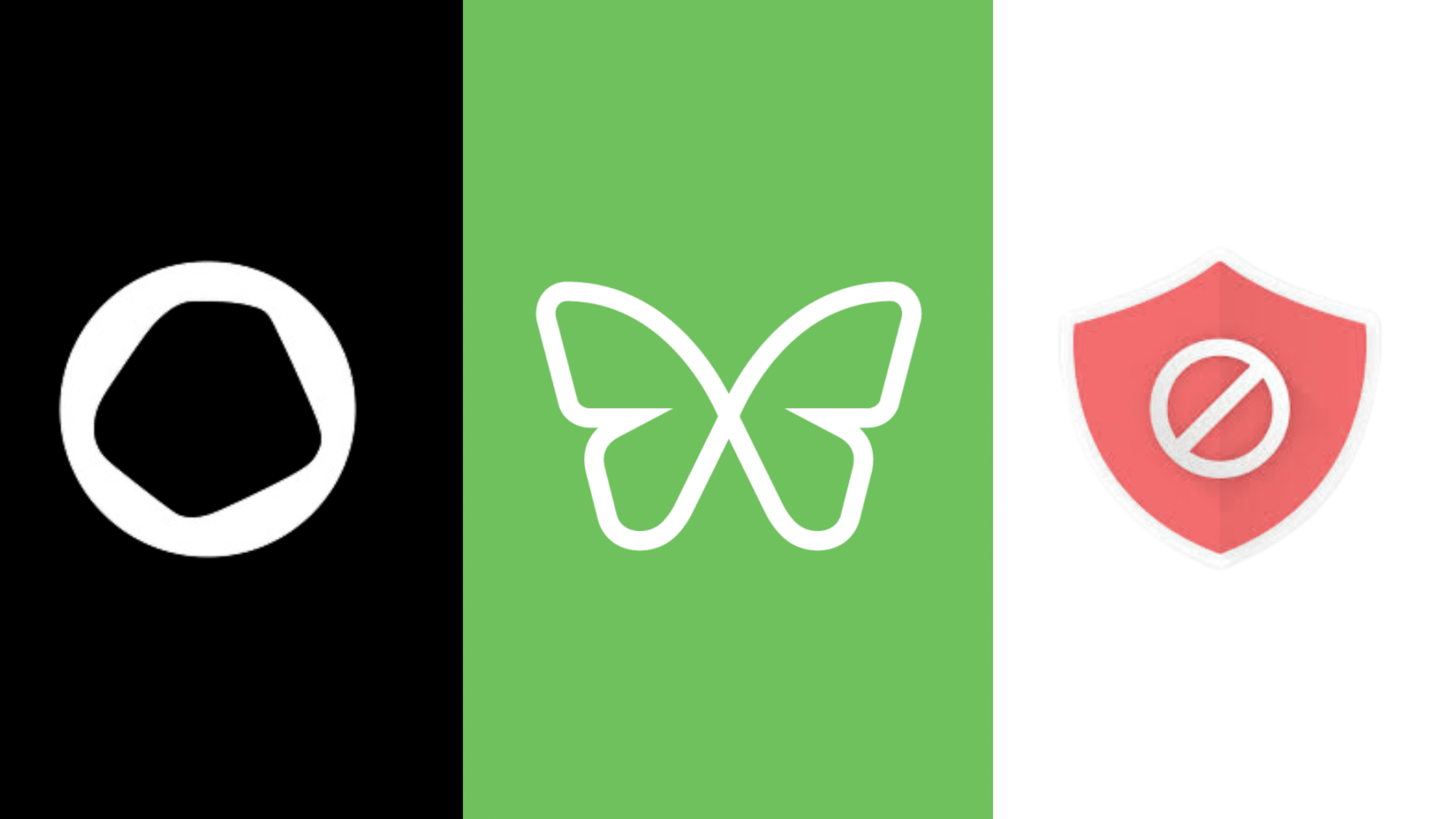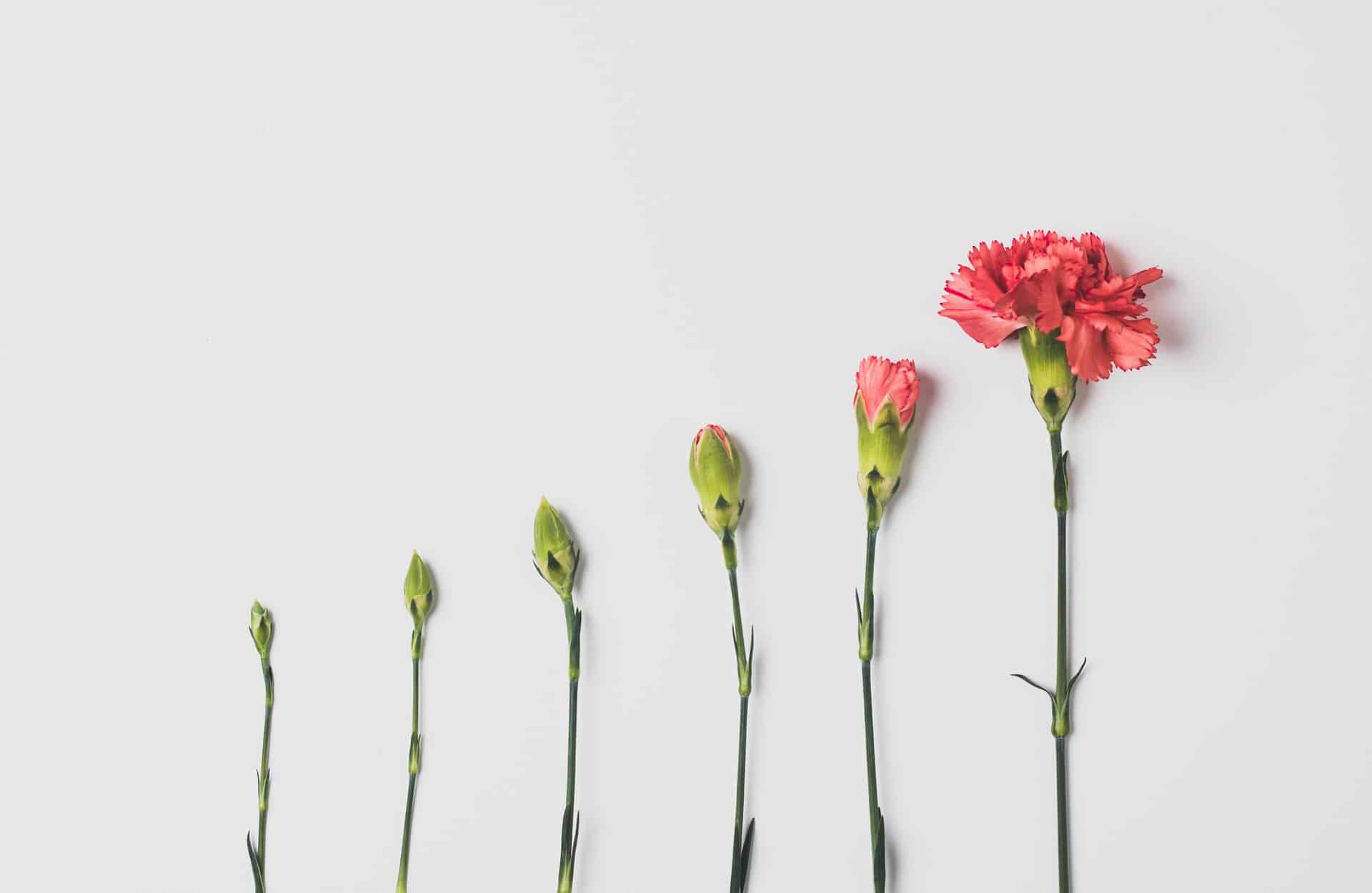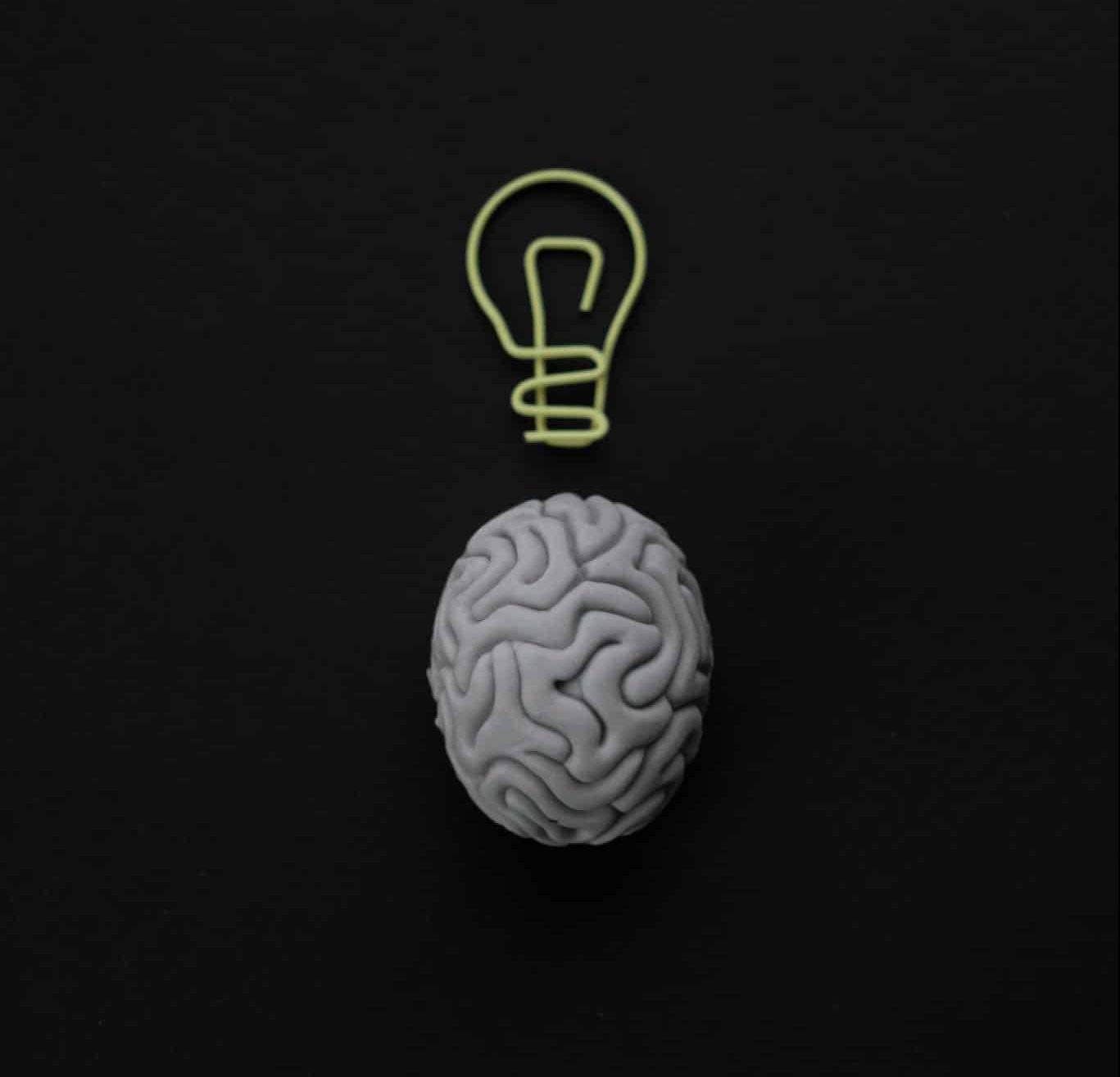The Ultimate Guide to Focus & Productivity for Freelancers

Being your own boss is empowering and exciting, to say the least.
The variation in work, room for growth, and freedom to self-determine the flow of your day and the times and places where you work draws many to freelancing.
I’m one of them, and I love it.
It’s not all cakes and roses, however.
While the above is true and I still believe freelancing is one of the best working models out there, I’ve discovered that:
- Without set hours to work each day, I’d usually end up procrastinating on projects, then rushing to submit assignments right before the deadline.
- Distractions abound at my home workspace. If I’m not careful, my mind would run over the next errand or chore I need to attend to afterwards as I’m working on an article. Not to mention having to block out the noise that comes from living with a large and lively family!
- The temptation to multitask as I work is strong. About to miss a deadline? Take lunch to the computer and continue working. Have a TEDx talk on cybersecurity to listen to? Put it on while doing research for an article on cancer prevention.
- More often than not, there’s just a lack of motivation to do the work. I wonder what other tasks I could be doing, and daydream until I don’t even want to think about the task in front of me.
….You get the picture. If you live the life of a freelancer, or have done some freelancing on the side, I’m sure you can relate.
For me, it’s come to a point where I sometimes wonder if I’d be more productive going back to a nine-to-five job. The pay may be less great; I’d lose much of the flexibility and self-determination; and I might even need to commute to work.
But left to run my own kingdom, it’s easy to spontaneously take entire days off work, multitask three things at once, and develop other unhealthy habits.
The answer, however, isn’t in switching back to the cubicle and giving up on freelancing altogether. With some discipline, useful tools, and healthy habits, properly handling the freedom freelancing affords can be one of the most amazing aspects of your career.
To put this another way: freelancers’ biggest problem is focus, not time. We have time—but we need to harness our attention and create space for ourselves to create the best work.
Without further ado, let’s dig into some of the best practices for building focus, productivity, and mindfulness into your (and mine!) freelance workday.
Be disciplined about setting working hours
Freelancing means working without an externally imposed time clock. More often than not, the freelance work schedule is determined by the deadlines, projects, and clients you take on.
This brings a unique freedom. We get to decide when to work throughout the day.
Here’s an example: If I’m not feeling up to tackling a complex project, I can take my next Pomodoro session and touch base with a few clients, send my invoices, and update my calendars. I can match high-energy, high-focus time with more demanding projects, thus maximizing my output.
But not having set work hours also means that you could be working all the time without realizing it, such as checking your work email minutes before bed. (Guilty!) Or not working when you don’t feel like it, or procrastinating on projects until the deadline hits. Or…
You fill in the blank.
Being disciplined about when you work means having a plan and keeping yourself accountable to show up on time and get the work done. And repeat the next day.
An approach that works for me looks like this:
- Determine how many hours you’d like to work in a day. This is different for everyone, depending on what other jobs or activities you’d be working on throughout the day besides freelancing.
- Some projects are more complex than others, and require more time and attention. Give these the peak times of your workday, when you have the time and energy to work on them.
- Mix and batch the smaller projects around the larger ones.
- Save the rest of your working time with freelancing back-end tasks, such as invoicing, responding to client requests, pitching new clients, and jotting down notes in your freelance worklog.
This is more than just about setting boundaries between work and life. It’s about giving your best to what matters at the moment, and not letting excuses, emotions, and excitement get the better of you.
Create a dedicated workspace
When you work is important, but that is hardly half of the story.
Where you work also impacts your productivity, often in ways you’re not immediately aware of. Having a space that’s as free of distractions as possible frees your mind and body to focus on the task at hand.
Freelancers work remotely for the most part, meaning that your office is probably your home, or your bedroom.
This opens up a world of distractions: family members, the dog (here’s what we learned about from our furry co-workers, by the way), the pile of dishes waiting to be washed, the Amazon package the delivery guy has just dropped off…the list goes on.
And don’t forget the sensory inputs that can take a toll on your focus. Here are some things to look out for:
- Consider the ergonomics of your office setup, and see if you could boost your efficiency and productivity by improving your working positions.
- What’s your body’s response to the temperature in the room you’re in—is it comfortable enough to keep you relaxed while encouraging you to be mentally focused?
- While you’re at it, consider the air quality and lighting in the room where you’d be doing most of your work. Poor air and lighting conditions contribute to a general decrease in health including eye strain and inflammation, which means lowered productivity and focus in the long haul.
- Sound is also key as you design a calm and relaxed workspace. Does the noise around you feed your focus, or drain your energy? Natural background audio can sometimes be relaxing and motivating, but science suggests that excessive noise impairs our cognitive function. As an alternative, soft ambient sounds such as Freedom’s Focus Sounds enhance concentration by drowning out startling noises and energizing your mind with motivational yet soothing beats and melodies.
Looking to be inspired to design a calming, productive workspace you’ll actually love to be in? Check out this collection of Productive Spaces for ideas.
Get the basics of good freelance habits
These habits seem pretty much just common sense, sound doable, and are more than worth their time building into your freelance routine. But it’s surprising just how easily unhealthy habits can creep in and replace good ones.
With that humbling thought in mind, see if you can find a new habit or two to pick up (or an old one to kick out) here:
- Break up large projects into manageable sections, and tackle them one by one. The Pomodoro technique can be useful here. By dedicating a chunk of time to focus on one task at a time, you’d get things done systematically without overwhelming yourself.
- Plan tasks ahead of time. This frees your mind from worrying over missed deadlines, forgotten assignments, or from wondering if you’d have enough time to get everything done. I usually plot out a week in advance, writing down professional and personal goals in a paper planner, then prioritizing them into my work schedule.
- Don’t eat in front of the computer. Eating and drinking as you’re working may sound like boss-level multitasking, but it’s almost never a good idea. Instead, schedule meals or snacks on break, when you can eat mindfully and actually enjoy your food.
- Avoid working in your pajamas. It’s amazing how dressing properly for work can impact your mind by subconsciously encouraging your mind to get down to business!
- Be willing to ask for help when you need it. This could be asking a client for clarification when you’re not sure what exactly they’re asking for. Or, it could look like reaching out to fellow freelancers for advice when you’re unsure of how a specific type of contract works.
- Get comfortable with research and self-learning. Often, working with new clients requires you to learn new things and adapt (or upgrade) your skills to meet their needs. Without company training or development courses to take, it’s up to you to learn the ropes and become competent!
Take care of your health
A healthy body and a healthy mind go a long way toward keeping you productive and focused throughout a workday.
Taking frequent breaks to refresh your mind is crucial for keeping burnout at bay. Make sure to actually enjoy your breaks by detaching your body and mind from work and digital devices, and immersing yourself in a few minutes of meditation, mindful movement, or a chat with a friend.
Sleep is key to increasing productivity and attention. When we rest, our brain shrinks, allowing fluids to flush out built-up toxins. This gives us that mental clarity we invariably enjoy when we wake up after a good night’s sleep.
Here’s a quick guide to better sleep: Figure out how much time you need to rest (tip: it’s at least 7 hours per 24-hour window), set a bedtime goal, and stick to it.
There’s definitely more healthy habits you’d want to build into your mindful workday routine to ensure good health than just these two. But if you’re consistent with your breaks and have a solid sleeping schedule, you’re already way ahead in the game!
Use the right tools
Freelancing is all about project management. But you knew that already.
You’ve also probably realized that trying to keep everything in your own head is a losing game. Besides adding an undue amount of stress and worry into your workday, constantly keeping a list of to-dos in your mind is draining, making deep work and being in a flow state virtually impossible.
From experience, it’s nearly impossible to create great work while your mind is trying to think of something else you might have missed, or an upcoming task you don’t understand completely.
That’s why tools are so important. As freelancers, the tools that help us best fall under several categories.
Distraction prevention
Distractions eat away at our focus. And digital distractions—notifications, cute videos, and new emails—are among the most tempting ones out there. To help you stay on task throughout each work session, here are a couple of distraction-busting apps to try out:
- The Freedom app can help you stay focused and productive by blocking distracting websites and apps on all devices at once.
- Forest allows you to build a virtual forest as you put in the work, making it fun and productive as you track yourself throughout the day. The catch? You’d kill your growing tree each time you switch to another app on your phone.
- Brain.fm lets you work or study with science-backed music for better focus, creativity, and productivity. Each track draws from neuroscience and psychology to create sounds that blend into the background of your thoughts, all the while stimulating your brain with subtle rhythmic pulses that helps sustain attention.
Invoicing and Accounting
Being your own boss means that you’re responsible for keeping track of where the money comes from, when, and to where the cash goes. If you’re looking for a platform where you could handle payments, invoices, and bills all in the same place, explore the following tools and see what works for you:
Project Management
If you’ve been a freelancer for a while, you’d understand just how important it is to have a reliable, simple, and effective way to keep track of clients, projects, and tasks. Here are a few of our favorites:
By organizing, automating, and otherwise streamlining administrative tasks, tools make it easier for you to do what you love best—write, code, design, or whatever you’re freelancing.
Your map to real freelancing freedom
As a freelancer, you need to be your most productive, focused, and healthy self in order to succeed.
Productivity shouldn’t be about how much you manage to cram into every day. “Busy” doesn’t always translate into “productive”, especially when you’re working on repetitive tasks that don’t move you in the direction you’d like to go.
The difference between experiencing the joys of freelancing and being stuck in vicious cycles of procrastination, multitasking, and rushed work is discipline.
However, willpower alone isn’t enough. Here’s the secret to being your own boss: Build productive micro habits that increase and maintain your focus, take control of your work schedule, and keep your body and mind healthy.
Mindful productivity is about being purposeful with your time, focusing on the important things, and accomplishing everything you set out to do. So, let’s take these freelance tips, and take our game to the next level together!


